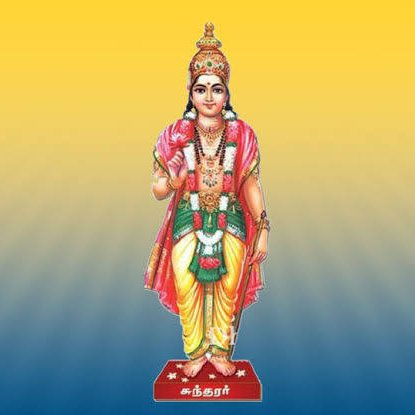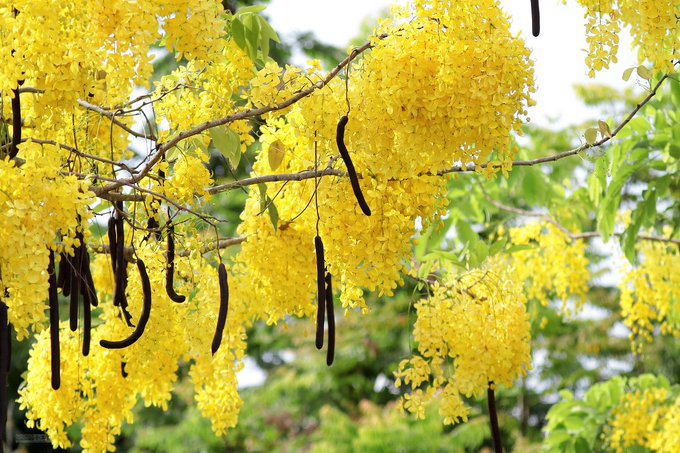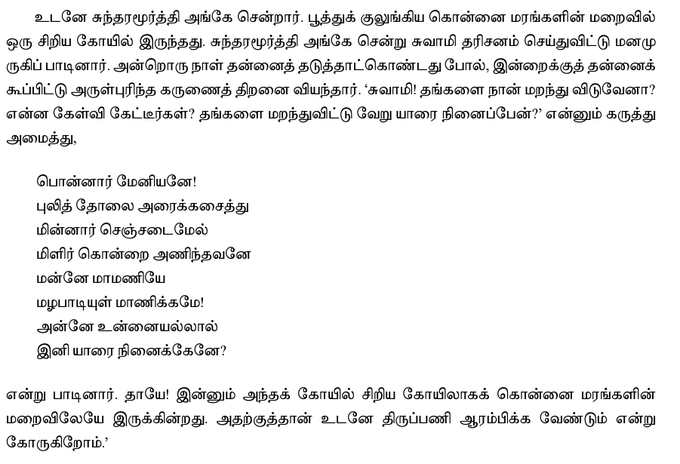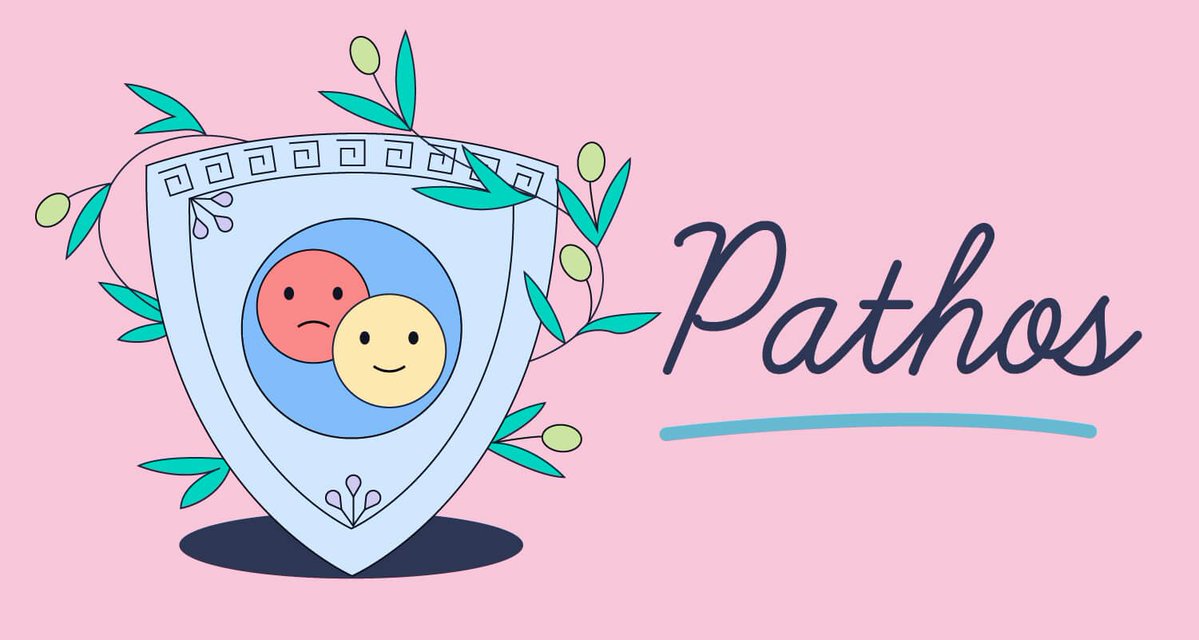Rama leaves Kishkinta to reach Tamilnadu, where he crosses the ocean to reach Lanka.
Based on clues from the epic & local legends, it is possible to track his route.
Come, let us follow along the footsteps of Rama, in modern day Tamilnadu.
With google map links!
A thread!
Based on clues from the epic & local legends, it is possible to track his route.
Come, let us follow along the footsteps of Rama, in modern day Tamilnadu.
With google map links!
A thread!

Some background: Hanuman has discovered the location of Sita in Lanka & flies back to inform this to Rama stationed at Kishkinta.
Kishkinta is modern day Hampi, Karnatala.
Rama leaves with his Vanara army from Kishkinta, plans to reach Lanka to battle Ravana & bring back Sita.
Kishkinta is modern day Hampi, Karnatala.
Rama leaves with his Vanara army from Kishkinta, plans to reach Lanka to battle Ravana & bring back Sita.

Ram, Lakshman & the Vanara army is said to have avoided cities and crossed through 7 hills to reach the shore.
Based on local legends, the route is :
Hampi -> Sakhyagiri -> Srirangapatna -> Nilgiri (Malayamalai) -> Palakkad Pass -> Trichy -> Kodiyakkarai
Based on local legends, the route is :
Hampi -> Sakhyagiri -> Srirangapatna -> Nilgiri (Malayamalai) -> Palakkad Pass -> Trichy -> Kodiyakkarai

Kodiyakkarai was the first spot surveyed by Sri Rama to build a bridge as it was just 48km from Sri Lankan coast.
The hillock he surveyed is called Shri Ramar Paatham, & is an ASI protected monument.
For reasons unknown, this spot was discarded.
Link: goo.gl/maps/mco6cpjnY…



The hillock he surveyed is called Shri Ramar Paatham, & is an ASI protected monument.
For reasons unknown, this spot was discarded.
Link: goo.gl/maps/mco6cpjnY…




Ram moves south along the coast.
He was disheartened by obstacles preventing him from finding a way to cross the sea.
He receives guidance from a local who asks him to visit Uppur Vinayaga temple:
‘You will recognize the temple by the first rays of the sun falling on the deity'
He was disheartened by obstacles preventing him from finding a way to cross the sea.
He receives guidance from a local who asks him to visit Uppur Vinayaga temple:
‘You will recognize the temple by the first rays of the sun falling on the deity'
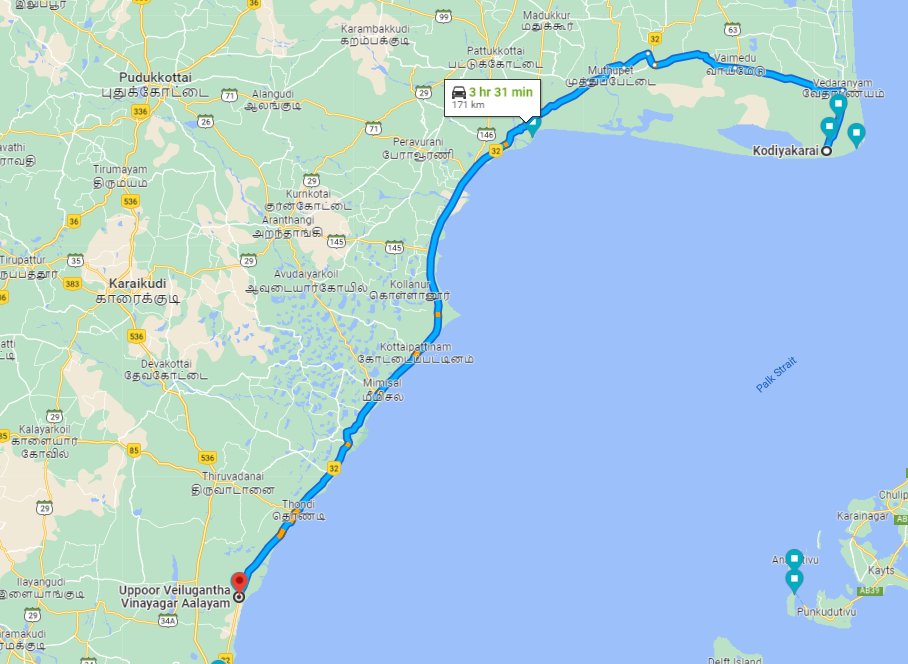
Ram prays to Vinayaka here who had earlier pardoned Surya's sins for attending Daksha's yagna. The temple is called Veyil Ugantha Vinayagar temple.
Uppur = Lavanapuram
As is customary, Ram propitiates Vinayakar before beginning his campaign.
Link: goo.gl/maps/KQsed75Fd…
Uppur = Lavanapuram
As is customary, Ram propitiates Vinayakar before beginning his campaign.
Link: goo.gl/maps/KQsed75Fd…

Ram moves south to Devipattinam, to Kadal Adaitha Jagannatha Temple. Here, he examines his horoscope & finds that the planets are not favoring his journey.
He prays to the planets by making sand idols. However, each time Rama set the idols for pooja, the sea would wash them away
He prays to the planets by making sand idols. However, each time Rama set the idols for pooja, the sea would wash them away
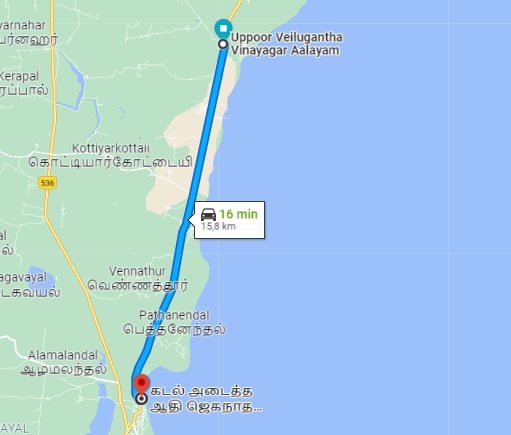
Finally, the Sudarshana Chakra in the temple recognised its master.
It came whirring at the sea, forcing it to recede so that Ram could consecrate the idols.
This temple is in Devipattinam & is often confused with the temple in Thirupullani.
Link: goo.gl/maps/WHpAeASPK…

It came whirring at the sea, forcing it to recede so that Ram could consecrate the idols.
This temple is in Devipattinam & is often confused with the temple in Thirupullani.
Link: goo.gl/maps/WHpAeASPK…


The Navagraha temple is a little further away, and can be reached by walking on a jetty, going about a hundred metres into the sea.
During high tides, people often worship in knee-deep waters.
The view of the ocean from here is utterly mesmerizing!
Link:
goo.gl/maps/aM6zhmBXD…

During high tides, people often worship in knee-deep waters.
The view of the ocean from here is utterly mesmerizing!
Link:
goo.gl/maps/aM6zhmBXD…


Ram has prayed to Vinayaka at Uppur, who helped him identify the obstacle - unfavorable planetary positions.
He prays to the planets at Devipattinam to remove his impasse.
He is now facing his next obstacle - his army is thirsty as they cannot drink the salty sea water.
He prays to the planets at Devipattinam to remove his impasse.
He is now facing his next obstacle - his army is thirsty as they cannot drink the salty sea water.

Rama walked over to the sea and shot an arrow into the waters.
A stream of fresh water emerged where the arrow struck and all the vanars quenched their thirst.
This site is Villoondi Theertham at Thangachi Madam.
Link: goo.gl/maps/VKxhL4ErP…

A stream of fresh water emerged where the arrow struck and all the vanars quenched their thirst.
This site is Villoondi Theertham at Thangachi Madam.
Link: goo.gl/maps/VKxhL4ErP…


Still worried about how he would get his army across, Rama sits alone to contemplate his next steps.
This temple is called Ekantha Ramaswamy Temple.
The current temple is built 50 years ago using stones from the old one, which was hit by a quake.
Map: goo.gl/maps/1JbUkNzfc…

This temple is called Ekantha Ramaswamy Temple.
The current temple is built 50 years ago using stones from the old one, which was hit by a quake.
Map: goo.gl/maps/1JbUkNzfc…


All of Ram's prayers & patience is paying off.
Vibheeshana who was ousted from Lanka has flown here to surrender.
Although Sugreev & Jambavan warn Ram not to trust Rakshashas, Hanuman vouches for Vibeeshana.
Ram has never refused asylum to anyone who had surrendered to him!
Vibheeshana who was ousted from Lanka has flown here to surrender.
Although Sugreev & Jambavan warn Ram not to trust Rakshashas, Hanuman vouches for Vibeeshana.
Ram has never refused asylum to anyone who had surrendered to him!
This moment, Vibishana Charanagadhi, is acclaimed for the Charama Sloka where Lord Rama vows to protect anyone who seeks succour at His feet.
This happened either at Sethukarai or at Kothanda Ramar Temple, which stands on an island.
Link: goo.gl/maps/YTYmidkLZ…

This happened either at Sethukarai or at Kothanda Ramar Temple, which stands on an island.
Link: goo.gl/maps/YTYmidkLZ…


The only missing piece - where to construct the bridge from?
Vibeeshana advises Ram to pray to the Sea Lord for 3 days sitting on grass.
The Sea Lord finally appears & gives them the idea - to use Nala as the chief engineer & to start the bridge construction from Sethukarai.
Vibeeshana advises Ram to pray to the Sea Lord for 3 days sitting on grass.
The Sea Lord finally appears & gives them the idea - to use Nala as the chief engineer & to start the bridge construction from Sethukarai.
This temple Darbhasayanam Ramaar, also known as the Adi Jagannatha Perumal temple at Thirupullani is documented in Valmiki Ramayana.
This Divyadesa is the only temple depicting Sri Ram lying down.
Link: goo.gl/maps/qoU2LTLr2…
This Divyadesa is the only temple depicting Sri Ram lying down.
Link: goo.gl/maps/qoU2LTLr2…

They start construction of the bridge from Sethu Karai using floating stones.
This bridge continued to Dhanushkodi in Rameswaram till Talaimannar in Sri Lanka.
Before Kanyakumari, Sethukarai was the considered the southernmost tip of Bharat.
Link: goo.gl/maps/zkqoqXvdU…



This bridge continued to Dhanushkodi in Rameswaram till Talaimannar in Sri Lanka.
Before Kanyakumari, Sethukarai was the considered the southernmost tip of Bharat.
Link: goo.gl/maps/zkqoqXvdU…




After reaching Sri Lanka, Ram & his army win the war to bring back Sita to Bharat.
As a penance, Ram decides worship a linga in Rameshwaram & asks Hanuman to get one from Kashi.
But due to a delay, Sita builds a lingam with sand and they all worship it.
Hanuman is upset.
As a penance, Ram decides worship a linga in Rameshwaram & asks Hanuman to get one from Kashi.
But due to a delay, Sita builds a lingam with sand and they all worship it.
Hanuman is upset.
‘My blessing to you, Hanuman, is that the lingam brought by you will always be worshipped before the one I built,’ consoled Rama.
This is still the custom in Rameshwaram, one of the holiest Char Dham sites, comprising of Badrinath, Puri, Dwarka at four corners of Bharat.
This is still the custom in Rameshwaram, one of the holiest Char Dham sites, comprising of Badrinath, Puri, Dwarka at four corners of Bharat.

It is considered that no Hindu’s quest for salvation in this world/birth is complete without a pilgrimage to both Varanasi and Rameswaram.
This is one more link between Kashi and TN, as espoused in the #KashiTamilSangamam program.
Link: goo.gl/maps/q4AXKmm5S…

This is one more link between Kashi and TN, as espoused in the #KashiTamilSangamam program.
Link: goo.gl/maps/q4AXKmm5S…


After their victory and crowning Vibheeshana as prince, he requests Ram to destroy the bridge.
This is at Dhanushkodi, which literally means "Bow tipping over"

This is at Dhanushkodi, which literally means "Bow tipping over"

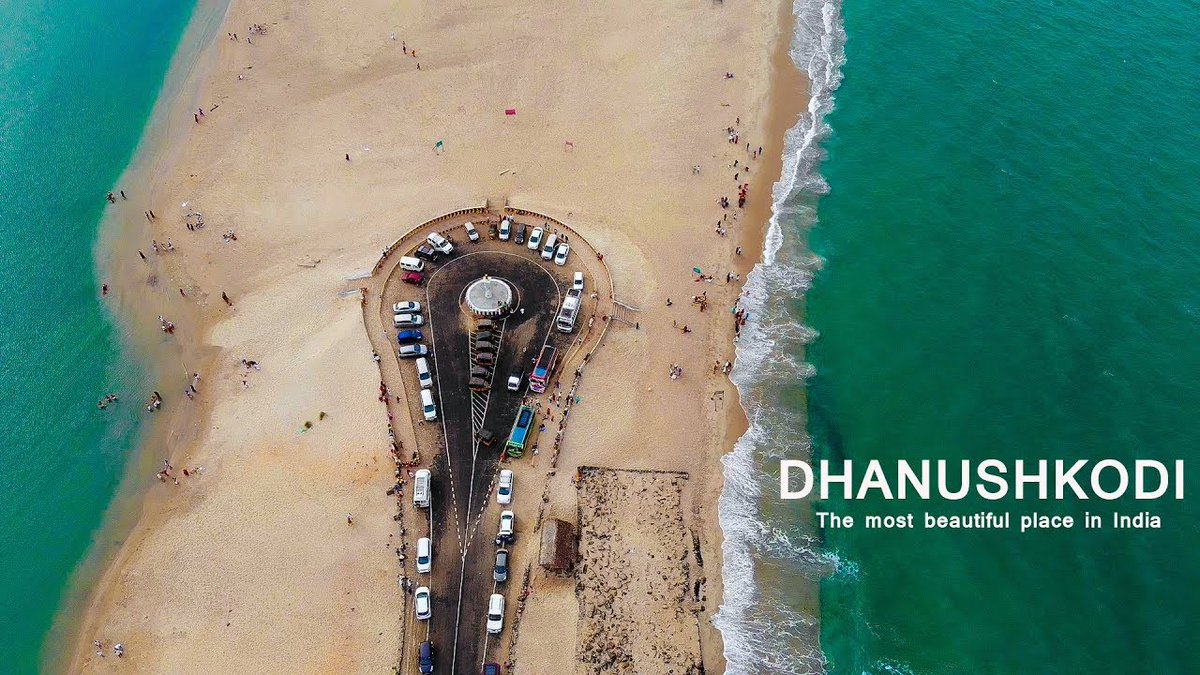
Every inch of Rameswaram & Dhanushkodi island is connected with Ramayana.
In an age where politicians say "I am from Tamilnadu and I do not know who Rama is", it is essential to educate oneself with the geography of this sacred land.
Jai Shri Ram.
In an age where politicians say "I am from Tamilnadu and I do not know who Rama is", it is essential to educate oneself with the geography of this sacred land.
Jai Shri Ram.

2.shanthiraju.wordpress.com/2020/07/19/ram…
If you liked this thread, please spread the word by RT'ing.
Follow @labstamil for more such content.
If you liked this thread, please spread the word by RT'ing.
Follow @labstamil for more such content.
3. Also watch the journey from Ayodhya till Lanka in this wonderful heritage travel documentary by Amish Tripathy @authoramish :
discoveryplus.in/show/the-legen…
discoveryplus.in/show/the-legen…
@krithikasivasw @tweets_tinku @jananisampath @Gopalee67 @MumukshuSavitri kindly RT and amplify this thread on Ramayana trail in Tamilnadu!
Link to RT the first tweet in the thread:
https://twitter.com/labstamil/status/1594268976997187590?s=20&t=qTr0dG9TtniIZKUxdb54dA
• • •
Missing some Tweet in this thread? You can try to
force a refresh


